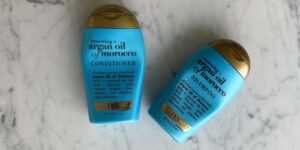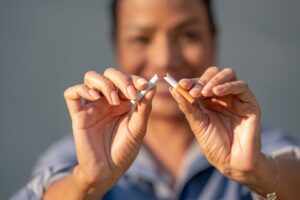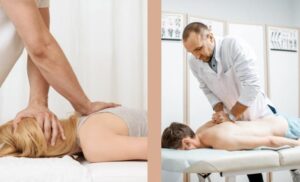
Closeup of mouth of very stressed man
Children often clench or grind their teeth when they sleep or experience stress. When adult teeth fully emerge in adulthood, it often disappears. Adults can still experience pain. 8% of middle-aged individuals are said to grind their teeth when they sleep, according to a sleep study.
Grinding your teeth frequently is not dangerous and does not require to be treated. However, it is essential to contact a Tukwila dentist if it becomes regular and sufficiently severe to cause headaches, jaw problems, or tooth damage.
Preventive measures for teeth grinding.
Many people, especially children, experience teeth grinding as they sleep. Recurrent teeth- and jaw-grinding can result in chronic issues, including earaches, jaw disorders, and chipped teeth, by putting a lot of pressure on the jaw and teeth. A few major causes of teeth grinding include stress, poor sleeping habits, and misaligned teeth. No matter the reason, it must be addressed. Here are some effective natural remedies.
- Splint therapy
The first line of protection from teeth grinding is splint therapy. Wearing an individualized dental night guard, bite guard, or occlusal splint is needed. The guard is a physical barrier that helps protect teeth while minimizing symptoms like headache and jaw discomfort. You may get one created specifically for you by your dentist or buy a generic one from a drugstore. In order to make a mouthguard that precisely fits your jaw, your dentist will take an imprint of both your upper and lower teeth. Models purchased in a store are less well-fitted or durable.
- Muscle stretching exercises
Exercises that stretch the muscles can reduce the pain brought on by teeth grinding and stop it from occurring again. The exercises include:
- Mindful teeth placement: Create a space between your upper and lower teeth to prevent clenching or grinding. Perform this exercise continuously, except when you chew.
- Jaw exercise: Exercise your jaw by gently opening it as wide as possible and trying to touch your tongue to your front teeth. Your jaw muscles will relax due to this workout.
- Warm compress
The use of a warm compress will help ease the muscles while boosting blood flow in the area if you are unintentionally clenching your teeth. Lay down and put a heating pad across one side of your face. After 15 minutes, apply a warm compress on one side and the other.
- Practice yoga and meditation.
Bruxism has several mental root causes, including stress, anxiety, and grief. Techniques to minimize stress could improve your entire health. Take a place to sit comfortably and spend some time in solitude, focusing on yourself.






